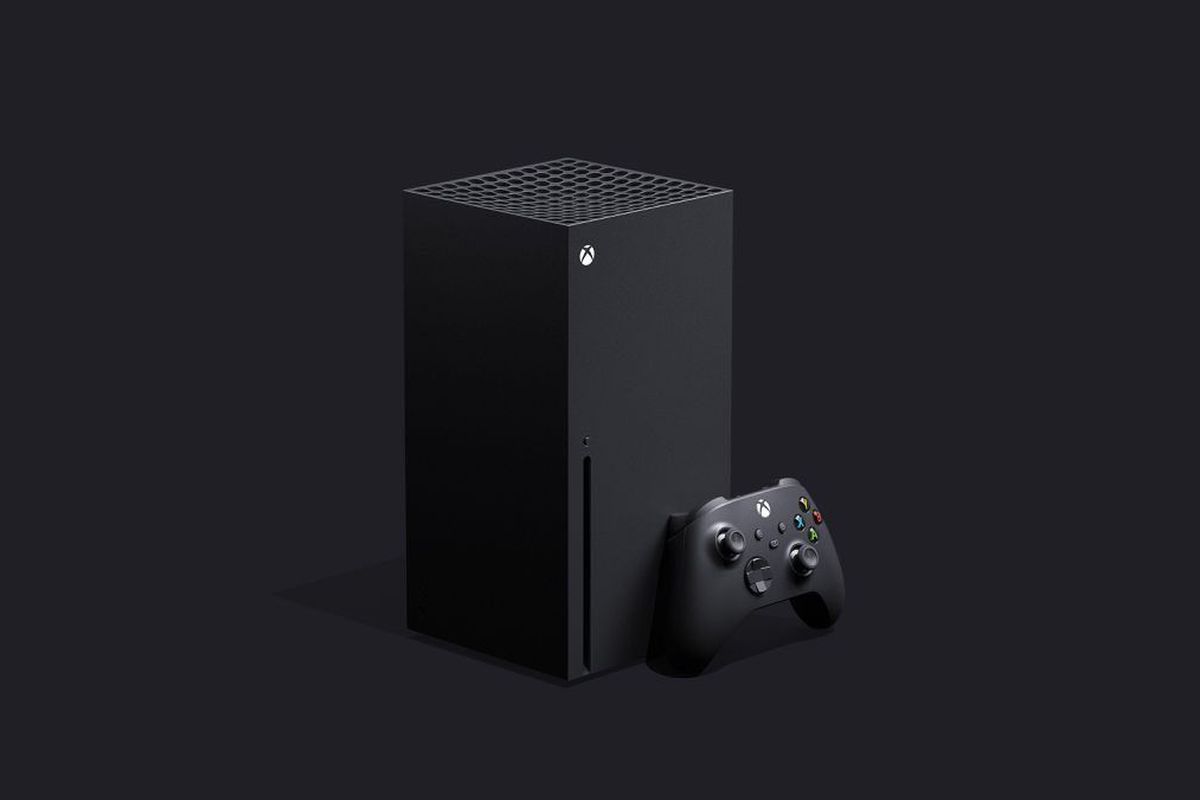With all due respect to the excellent Nintendo Switch, the next generation of gaming truly begins with the launch of the PS5 and Xbox Series X in 2020.
While Nintendo’s latest console has proven to be a goldmine for excellent gaming experiences, it lacks the power that we typically associate with “true” next-gen gaming experiences. Early spec reports indicate that the PS5 and the Xbox Series X are set to deliver that power upgrade as both consoles should be noticeably more powerful than either the PS4 Pro or Xbox One X.
However, if you’re expecting the PS5 and Xbox One X to deliver the kind of visual and technological upgrade that previous powerful next-gen consoles have yielded, then it may be time to lower your expectations just a bit.
That may sound like a sensationalist statement, and that’s because it kind of is. After all, we can’t really know what the next generation of video game consoles will deliver until we’ve had a chance to use them for ourselves. Actually, it’s hard to really know what a next-gen console will deliver until you’re a few years into its lifespan.
However, the idea that the next generation of consoles might not deliver isn’t purely based on a whim. High-level representatives from studios such as Platinum Games and Gearbox have gone on record to state that they are either not impressed with the next generation of gaming consoles or have concerns regarding them.
Randy Pitchford, CEO of Gearbox, has even called out Xbox’s Phil Spencer on Twitter regarding the Xbox Series X’s ability to truly push video game technology. While his assertion that the Xbox team may be making excuses for why the next generation of consoles won’t be that powerful is questionable, even Spencer states that a bottleneck in the progress of technology forces Microsoft and the Xbox team to approach the Series X design a little more differently.
What we’re left with is really quite simple. The best of PC gaming gives us a reasonable idea of what next-gen gaming consoles can achieve, and even the most powerful gaming PCs of the last couple of years have been producing diminishing returns. The latest innovation in PC gaming technology, Ray Tracing, is considered to be, at best, a marginal improvement that still requires a lot of power to properly run. Meanwhile, benchmarks like consistent 60 FPS speed at 4K resolutions remain a work in progress.
The fact that the next generation of consoles is launching during this awkward time period means that there’s really only so much you can expect from next-gen consoles in their initial form. Most likely, they won’t offer full Ray-Tracing support, consistent 4K 60 FPS gameplay, or visuals that will be immediately more impressive than what we currently enjoy.
However, it’s important to realize that doesn’t mean the next-generation of consoles won’t benefit from certain improvements. The addition of SSDs to both devices alone means that games will load and run faster than they ever have before.
It just means that innovations in the next generation of consoles will likely revolve around different kinds of innovations and improvements. For instance, we’ll almost certainly see all major companies continue to develop their subscription services in pursuit of the fabled “Netflix for gaming.” Sony has also already said they remain dedicated to the growth of VR, and we know that Microsoft and Google are fully-committed to ironing out some fo the wrinkles that plagued the earliest attempts at cloud gaming.
More than ever, though, purchasing a next-gen console on Day 1 will be less about enjoying the immediate benefits of next-gen technology and instead investing in the idea that studios will eventually fix some of the problems which have kept games from progressing in other areas.
More likely, your incentive to purchase next-gen consoles will be driven by the quality of launch games more than it ever has been before.




